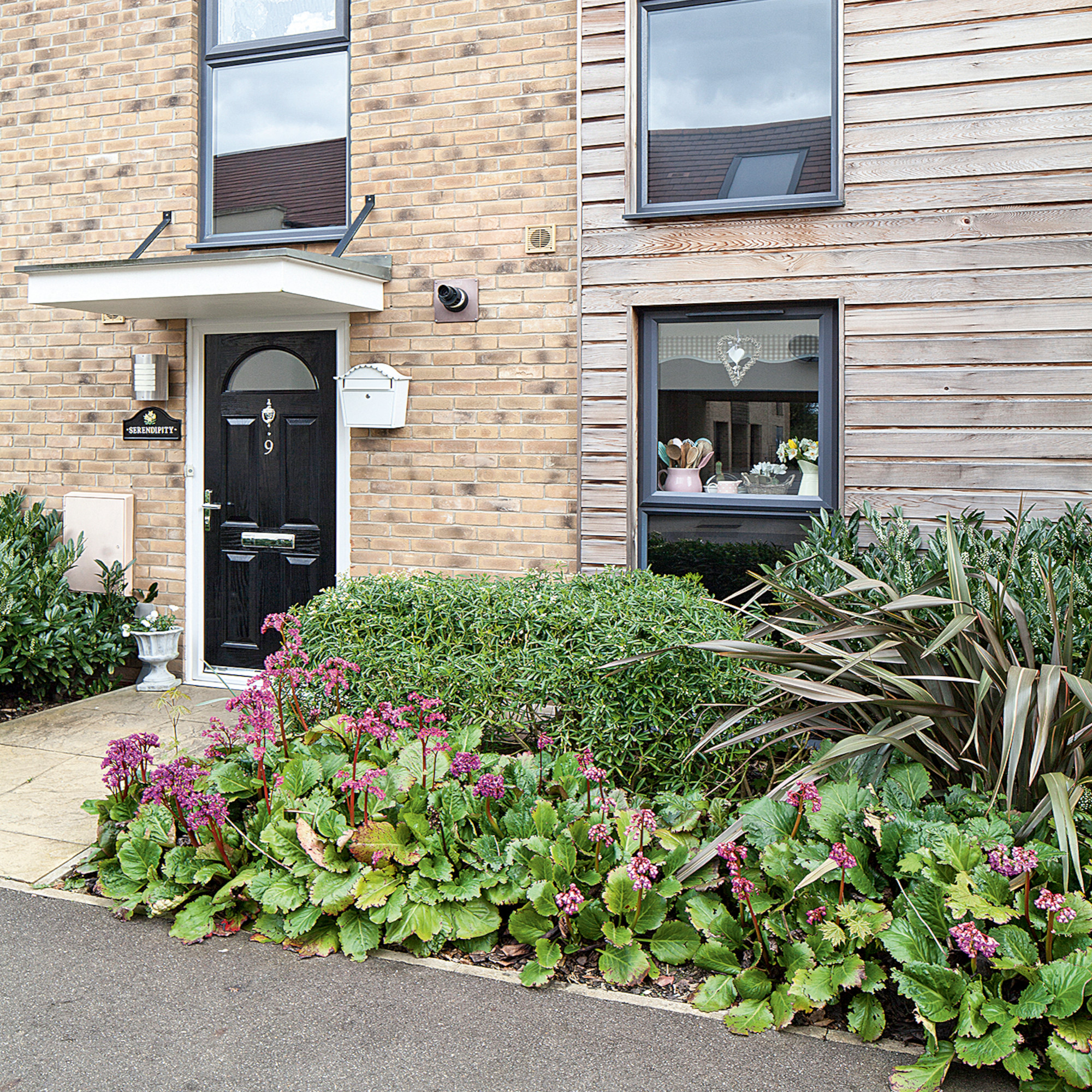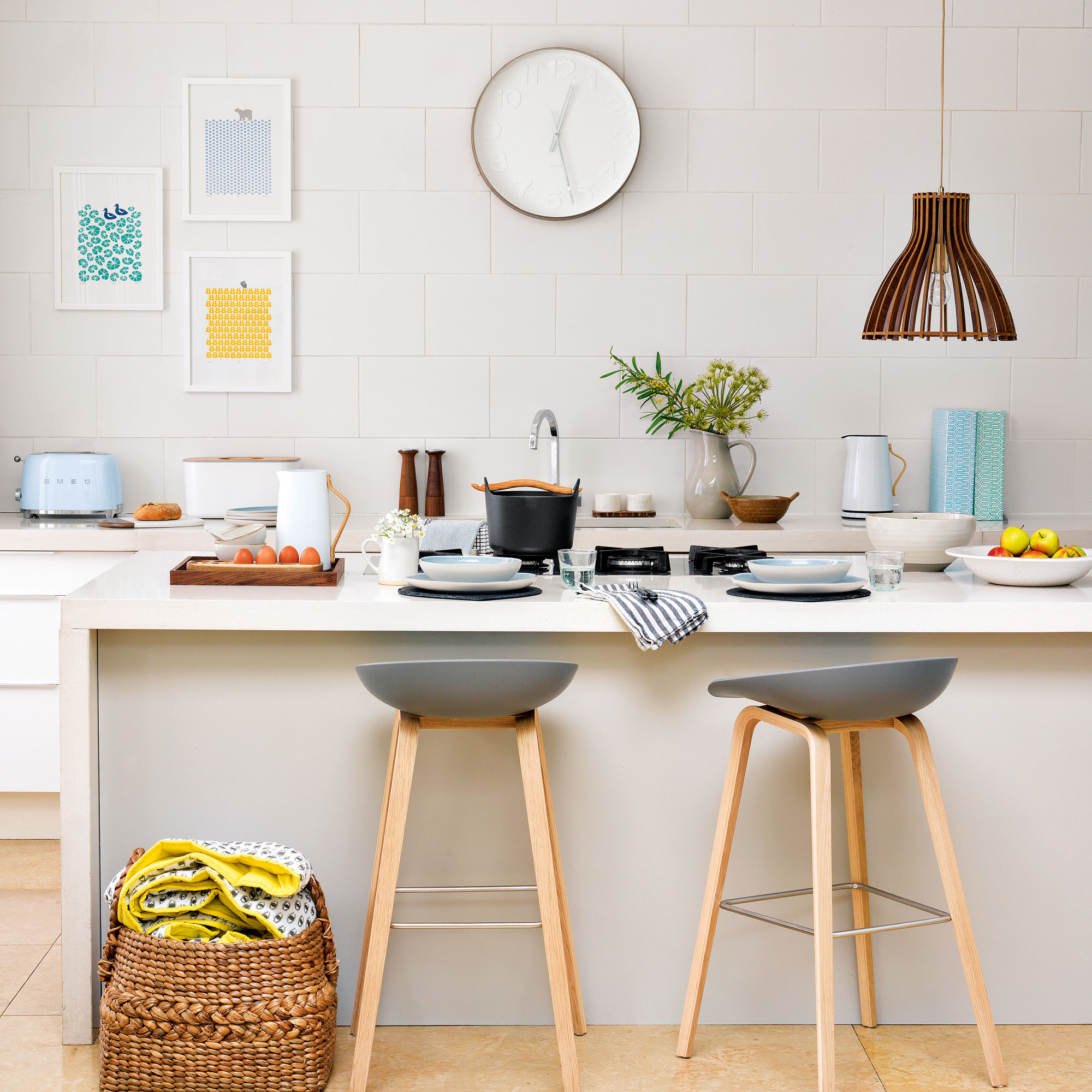
Skipton Building Society has launched a deposit-free first-time buyers mortgage scheme for renters, in an attempt to break the rental cycle and open up access to the property ladder. However, experts warn that it could come with a serious risk of falling into negative equity.
As of today, renters can apply for Skipton Building Society's Track Record Mortgage, where they can borrow up to 100% of a property value with a new 5-year fixed-rate mortgage if they are successful. Skipton is also ensuring that the buyers will not be paying more on a monthly basis than what their current rent is.
The only catch seems to be the slightly higher interest rate of 5.49%, compared to the UK's average five-year fix of 5%. Skipton Building Society's mortgage scheme means there are no fees to pay and there's no need to provide a guarantor, so it could be a game-changer for first-time buyers looking to get their foot on the property ladder.
While a deposit-free mortgage might sound like a dream come true, Co-founder and CEO of Wayhome, Nigel Purves warns that there is a serious risk of falling into negative equity.

'Although the re-introduction of 100% mortgages will no doubt be welcomed by those struggling with the high cost of homeownership, it’s important that anyone considering such a product fully understands the approval process they will be subject to.
'While the concept of purchasing a home without a deposit is attractive, the income multiplier associated with mortgages would still limit the purchasing power of those with lower incomes. What’s more, there’s a very real risk of buyers falling into negative equity should property values start to fall.
'Given the unsettled market conditions seen in recent months, such a change in the market is far from out of the question and could see buyers lumbered with their property and unable to remortgage until such a time that market values recover.'
Ideal Home's Money Editor Sarah Handley adds: 'Saving for a deposit is incredibly difficult when you're renting. It's harder still when the cost of living crisis has meant household finances are being stretched more than ever before. So I can see the appeal that a deposit-free mortgage will have. But, remember that during the five-year (minimum) fix of this mortgage, interest rates may drop and you could be tied into a more expensive rate even when a cheaper deal may become available.
'Before you commit to a mortgage, it's really important to do your research and speak to a mortgage broker to understand what other options might be available to you so you can make the best decision for your circumstances.'

How the Skipton Building Society's deposit-free mortgage works
Skipton Building Society has launched the UK's first ever deposit-free mortgage scheme following research which found that eight in ten tenants feel ‘trapped’ in the rental cycle, paying rents that are higher than a mortgage which then prevents them saving a deposit to buy their own home.
The Track Record Mortgage scheme is now available to renters aged 21 or over, who haven't owned a home before. Tenants must be able to evidence affordability for a mortgage and have a strong track record of rental payments. They can borrow from a 95% mortgage loan up to the value of 100%, with an interest rate of 5.49% over a 35-year term if they succeed. This rate will be fixed for a minimum of five years.
5.49% is slightly higher than the national average (5%), which is something to be aware of. But another selling point of the scheme is Skipton's commitment to ensure that buyers will not pay more than their current rent each month. For example, a tenant paying an average of £800 per month over the last six months will have a maximum monthly mortgage payment of £800.
With many banks now asking for a deposit of at least 15% of the property's value, Skipton's new scheme is a groundbreaking opportunity for renters looking to own their first home.







